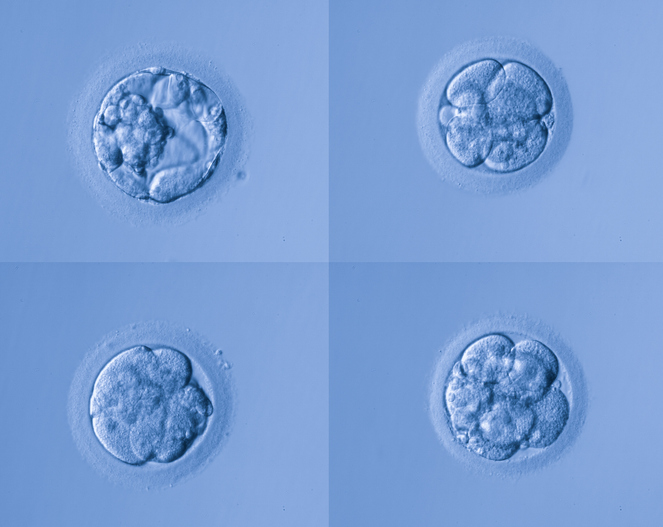

If you're considering freezing your eggs and are curious about our Split Program—but you're not a U.S. citizen—you might be wondering if you're still eligible. The short answer? Yes. You don’t need to be a citizen to participate.
Cofertility’s egg sharing program, called the Split Program, allows you to freeze your eggs for free when you donate half of the retrieved eggs to a family who needs help growing theirs. It’s a unique model that supports you in preserving your own fertility while helping someone else build their family at the same time.
We’ve had foreign graduate students, researchers, and professionals successfully participate in the program. But while citizenship isn’t a requirement, you do need to be physically located in the U.S. long-term in order to complete the process safely and successfully.
Here’s what that means—and what else to consider if you're applying as a non-citizen.
You don’t need to be a U.S. citizen…
Cofertility welcomes people from a variety of backgrounds, and citizenship status alone won’t disqualify you from joining the Split Program. Whether you're on a student visa, work visa, or living with friends or family in the U.S., you’re still eligible to apply, as long as you meet the medical, age, and health criteria.
…But you do need to be living in the U.S. during the process
While citizenship doesn’t matter, your physical location during the process does. That’s because the Split Program includes several steps that require you to be in the U.S. for multiple appointments over a period of time. These steps include:
- Screening and testing (medical, genetic, and psychological)
- A clinic consultation
- Daily hormone injections
- Frequent monitoring appointments
- The egg retrieval procedure
Altogether, this can take several months, depending on clinic scheduling, your menstrual cycle, or other factors. For that reason, you’ll need to be in the U.S. for the entire process, ideally with some flexibility in your schedule.
If you’re currently living abroad or planning to leave the U.S. soon, we recommend waiting to apply until you know you’ll be here long enough to complete the process.
What about visa status?
As long as your visa allows you to legally remain in the U.S. for the duration of the process, that’s generally not an issue. Many participants have gone through the program while on:
- F-1 student visas
- J-1 exchange visas
- H-1B work visas
- B-2 tourist visas, though this may require careful planning due to shorter durations
We don’t provide legal advice about visa compliance, so if you have questions about your specific status or restrictions, it’s best to check in with an immigration attorney or advisor before applying.
One important medical disqualifier to note
If you lived in Europe for more than five years cumulatively, or in the United Kingdom (specifically England) for more than three months between 1980 and 1996, the FDA considers you ineligible to donate eggs as an undisclosed donor. This guideline is based on concerns regarding potential exposure to variant Creutzfeldt-Jakob disease (vCJD), also known as mad cow disease.
However, this restriction only applies to undisclosed matches. If you are participating in a disclosed match—meaning your identity is shared with the intended parents—you may still be eligible to donate, depending on the clinic’s specific criteria and approval.
It’s important to note that this rule is enforced by the FDA and followed across all U.S. fertility clinics, not just Cofertility.
A few other things to keep in mind
- Fluency in English is important for the screening process and informed consent. Clinics will need to ensure you fully understand the medications, procedures, and risks involved.
- Health insurance isn’t required—Cofertility covers the full costs of your retrieval, medicine, and 10 years of storage.
- Your eggs are always yours. Once your cycle is complete, your half of the retrieved eggs are stored for free for 10 years. You can access and use them at any time, regardless of where you’re living in the future.
The bottom line
You don’t need to be a U.S. citizen to participate in the Split Program, but you do need to be in the U.S. long enough to safely complete the process. As long as you’re physically present in the U.S. and meet the health and age criteria, you’re welcome to apply. If you’re unsure whether your timing or visa status makes you a fit, reach out—we’d be happy to talk through your specific situation and help you figure out next steps.
Egg freezing and donation are big decisions, and we’re here to support you no matter where you’re from.








.jpeg)

